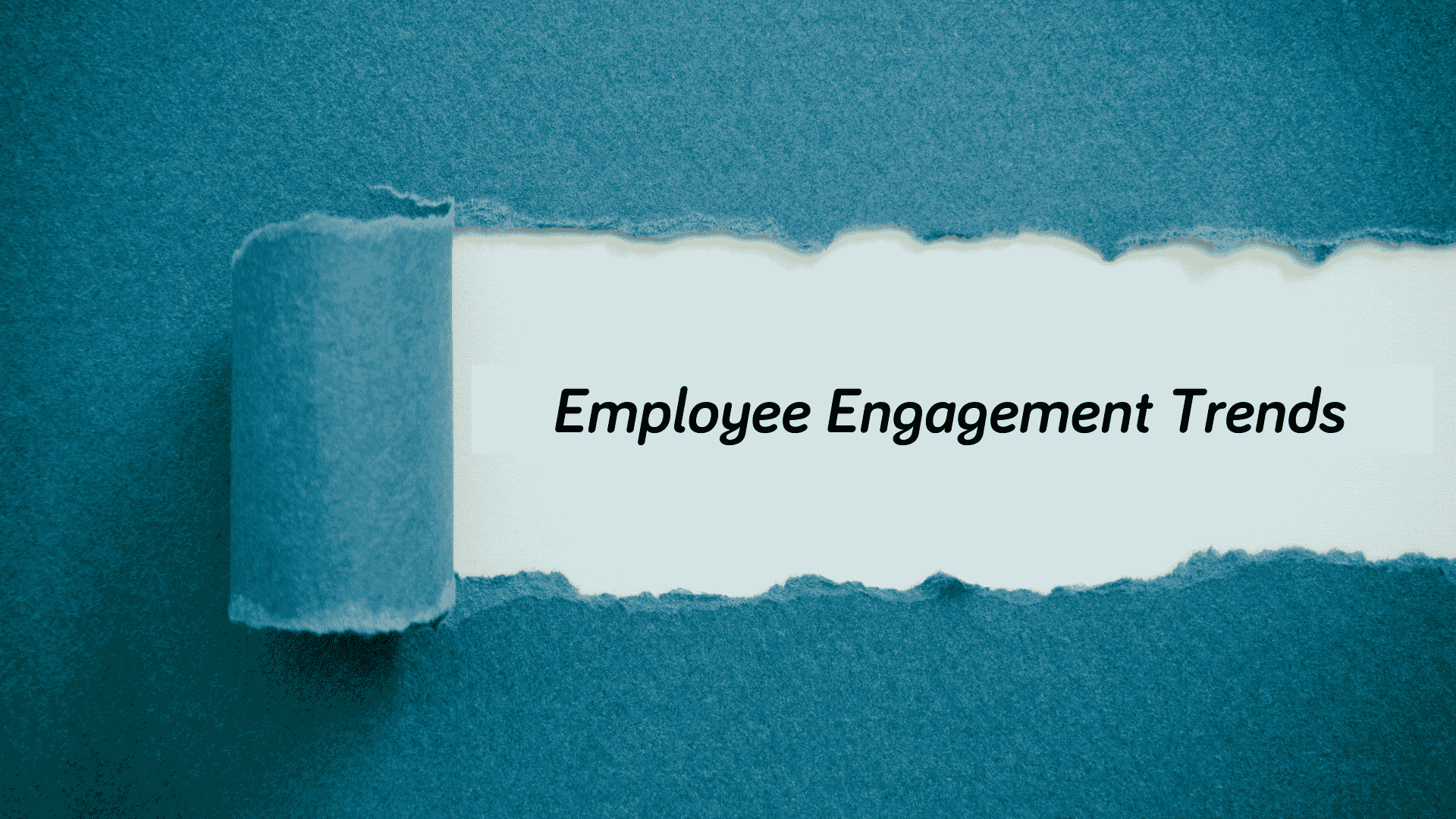How Meaningful Work Helps Employee Wellbeing
January 16, 2022Categorised in: Employee Wellbeing
A recent study has found a link between the mental health of employees and the level of engagement that they have with their work. The insight provided will hopefully allow companies to better assess how they support their workers’ welfare, as well as how they create a positive working environment. Today we’ll look at the findings of this study alongside how high-quality work is vital for Employee Wellbeing.
Quality vs. Quantity
The university study set out to answer a simple question: What matters more for employees’ mental health – job quality or job quantity? This was likely encouraged by the quality vs quantity debate of recent years. Namely, whether shorter work weeks will achieve improved mental health, or is the purpose of a role more decisive.
The conclusion, however, was fairly overwhelming. Job quality is more important than the number of hours worked when supporting the average employee’s wellbeing. Indeed, the main factors that were reported as being crucial to worker welfare included:
- Feeling that a job is meaningful
- Having the time and resources to finish tasks properly
- Building positive relations with work colleagues
- Having a comfortable and pleasant environment in which to work
Moreover, the importance of high-quality work was apparent regardless of the quantity of hours a job involved. The research highlights that, whether a full-time job or that involves a couple of days work, meaningful tasks were enough to support employee mental health.
What’s the way forward for Employee Wellbeing?
Strong employee wellbeing is crucial for numerous reasons such as Staff Engagement, better productivity, and Higher Retention Levels. On the current debate over improving worker welfare, the study summarises that:
“The findings emphasise the continued and crucial importance of job quality. We would suggest that policymakers should pay particular attention to this when addressing the dramatic reduction in total hours of employment in Europe following the Covid-19 crisis.”
Thus, over-emphasising the number of hours in a job when looking at employee mental health isn’t the best way forward.
Instead, to achieve a strong work-life balance, we recommend pairing purpose-driven work with an extensive Employee Benefits System. This is more likely to ensure that staff feel valued by their companies, as in addition to receiving tasks they care about, they have a range of benefits to support them day-to-day. And, if Employee Burnout becomes an issue, then reducing the amount of working hours can still be hugely effective if done right.
Employee Benefits by HIVE360 Support Services Ltd
We offer an Employee Benefits App as standard with any of Our Payroll Solutions. This features a varied range of staff support services including:
- Secure and encrypted GDPR compliant payslips
- The largest employee discount scheme in the world
- An Employee Training Platform
- Healthcare services
- A central communication work platform
- Wellbeing Support
You can see the impact of our Engage App and benefits system for yourself by booking an exploratory meeting today.
The study in question was conducted by a coalition of universities from Singapore, Salford, Cambridge, and Leeds, and it can be read further here.




